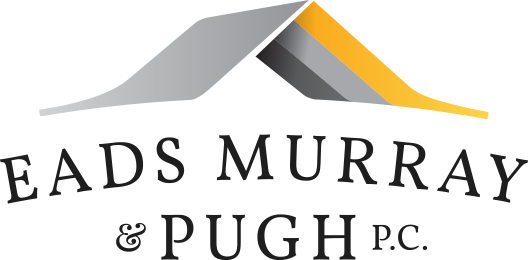General Counsel to Boards of Directors
As an HOA board member or chair of a committee, you might find it intimidating and difficult to figure out which rules are applicable, which rules to create, which rules to enforce, and other issues. And Indiana laws definitely differ from other states!
You are volunteering your time and stepping into a new experience involving complex legal concepts and special obligations. Even though you’re not being paid, you still have fiduciary duties to your fellow property owners that can expose you to potential liability. We believe that a well-educated board of directors of an HOA or a condominium association is the best way to avoid problems before they arise.

What Can HOA Attorneys Do For Your Board?
What Can HOA Attorneys Do For Your Board?
Community associations are different from other organizations. Attorneys who understand the unique legal issues of HOA and condominium law can use easy-to-understand terms to help you decipher the documents and review the steps ahead.
In addition to the idea of being a good neighbor, there is the intersection of general corporate law, nonprofit corporate law, federal, state and municipal laws, zoning law, real estate law and covenants that must be managed.
We believe that it is not enough to understand legal requirements. Often, there can be unintended consequences after a board or committee makes a decision, even if it was “legally correct”. With our experience, our HOA attorneys provide practical advice and counsel after considering a wide range of issues that might come into play with a particular problem.
Practice areas:
Covenants and By-Laws Preparation and Interpretation
Document Amendments and Restatements
Collection of Delinquent Fees and Assessments
General Counsel to Boards of Directors
How We Can Help Your Board
The HOA attorneys at Eads Murray & Pugh provide counsel to associations on matters ranging from simple inquiries to complex issues. We can:
Help your association handle day-to-day issues and questions, whether your association is “self-managed” solely by your board members, or if you have an outside community manager who assists you.
Interpret documents like Declarations of Covenants, Plats, By-Laws, Articles of Incorporation, and rules and regulations.
Render opinion letters on matters such as interpretation of document provisions.
Provide understanding on how your various governing documents relate to each other.
Draft, review, or revise contracts for maintenance, repair, and operation of the community.
Update your Board on new developments in the law that affect your association.
Assist in the transition from developer control to homeowners association control.
Assist in preparing annual and special meeting packets.
Attending meetings of the community’s board of directors.
Attend annual and special meetings of the community association’s members (owners).
Advise on the steps to take if some owners petition to remove the board of directors.
Review your architectural control approval process for when owners want to make exterior changes to their homes or lots.
Assist in obtaining large bank loans for capital repair and replacement projects.
Review the association’s insurance policies for compliance with the legal obligations.
Generally advise on your fiduciary duties as officers and directors of a community association.
